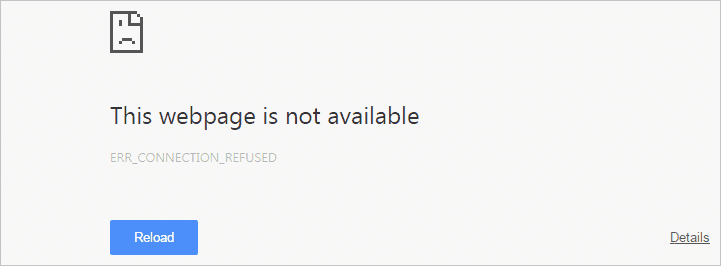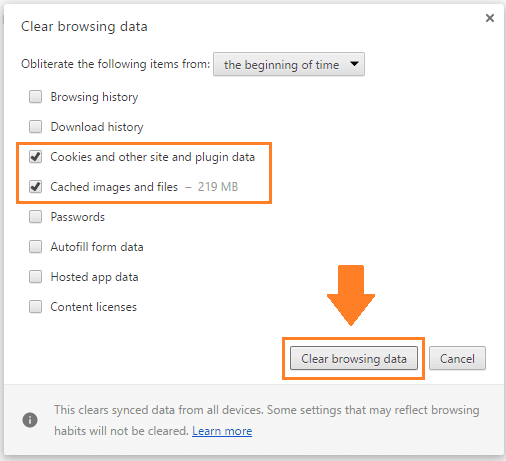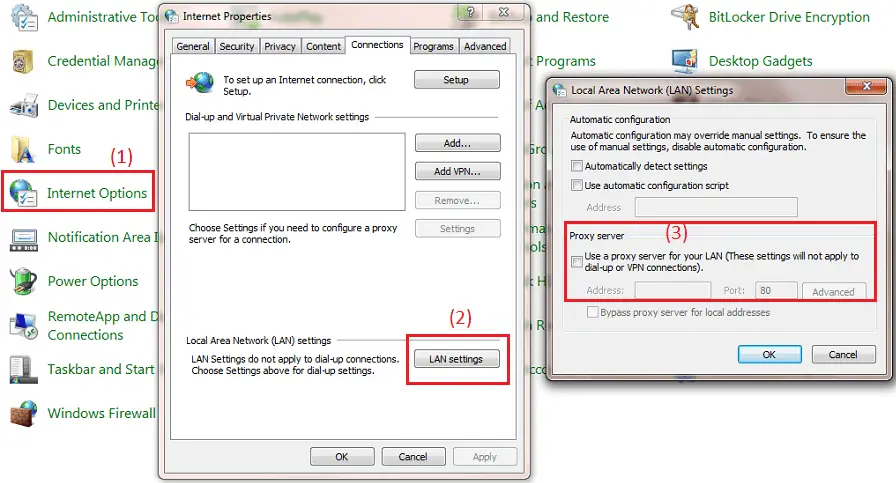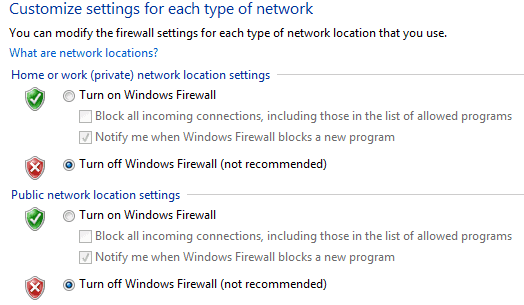You are trying to visit a few of your favorite websites, but it seems Google Chrome does not allow you to access it. Instead, the Chrome browser always show you an error message: Err_Connection_Refused. It’s an annoying error, right?
According to reports from users, several reasons that could lead to this “connection” error like DNS issues, proxy server issues or expired browser caches.
In order to fix this “connection” error, there are a few simple steps that you could apply, such as:
- Clear your browser cache.
- Reset your IP address & flush the DNS cache.
- Check proxy settings.
- Disable your firewall.
Sometimes, one of these causes is the reason that you could not access your favorite websites.

Fix Err_Connection_Refused Error On Google Chrome
In this article, I will tell you about the three best ways that can help you to fix the Err_Connection_Refused error on your Google Chrome Browser. Just read this article, follow up instructions and apply all methods until your problem is solved.
Clear Your Google Chrome Browser Cache
Expired caches on your Google Chrome browser could block websites and prevent you from accessing them. That’s the reason why you couldn’t visit specific sites. In order to fix this connection refused error, you will have to remove all caches on your browser.
To do so, copy and paste “chrome://settings/clearBrowserData” on the address bar of the Google Chrome browser, and press Enter.
Select two options like the picture below and press “Clear browsing data” button.

Check Your Proxy Server Settings To Fix Err_Connection_Refused
Most proxy servers don’t work lifetime. They will have a limited of online times and then offline. Sometimes, you have used a proxy server and then forgot to remove it from the Internet Options. By that, when that proxy server is unavailable, you will be unable to connect to the Internet because all connections must go through that proxy server, no exception.
So, please check your “proxy server” settings again and make sure your computer isn’t configured to use any proxy servers or socks.
To do so, go to Control Panel, and click on the “Internet Options” feature.
Click on the Connections tab and select LAN settings. Next, make sure the “Proxy server” is unchecked.

Disable Your Firewall Or Antivirus Software
Sometimes, your built-in firewall or antivirus program block unsafe websites and will not let you access to your favorite sites. If two methods above can’t help you solve the “connection refused” error, then just disable your built-in firewall, antivirus or any internet security programs, and try to access to those websites again.
To disable Windows Firewall, go to Control Panel > Windows Firewall, and then click on the “Turn Windows Firewall on or off” link on the left side, to turn off your firewall.

Also, please choose Close, Quit or Disable your antivirus program to make sure it will not block any websites.

0 Comments